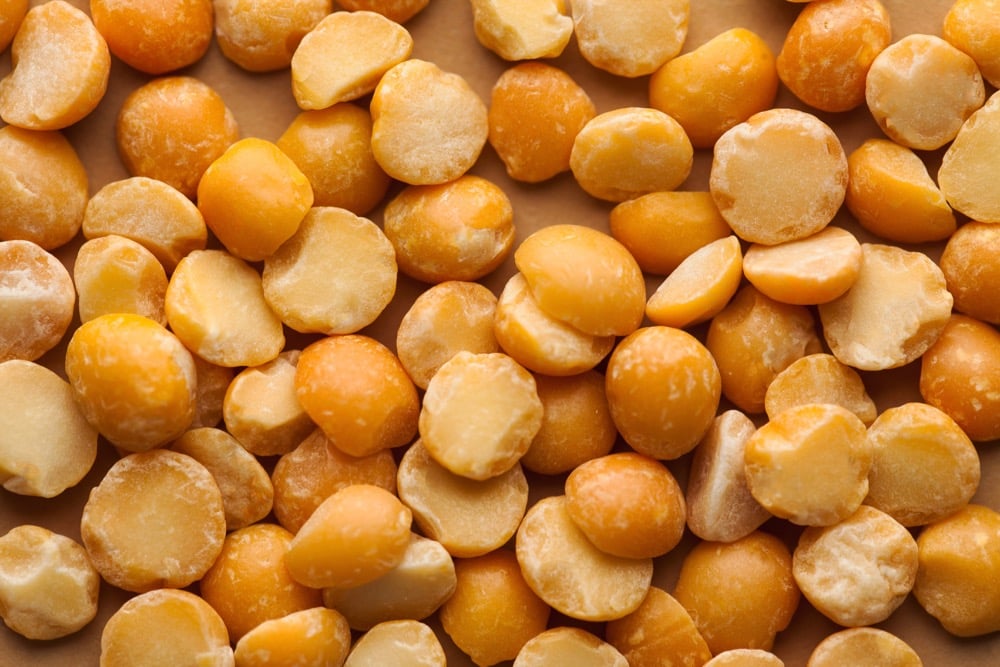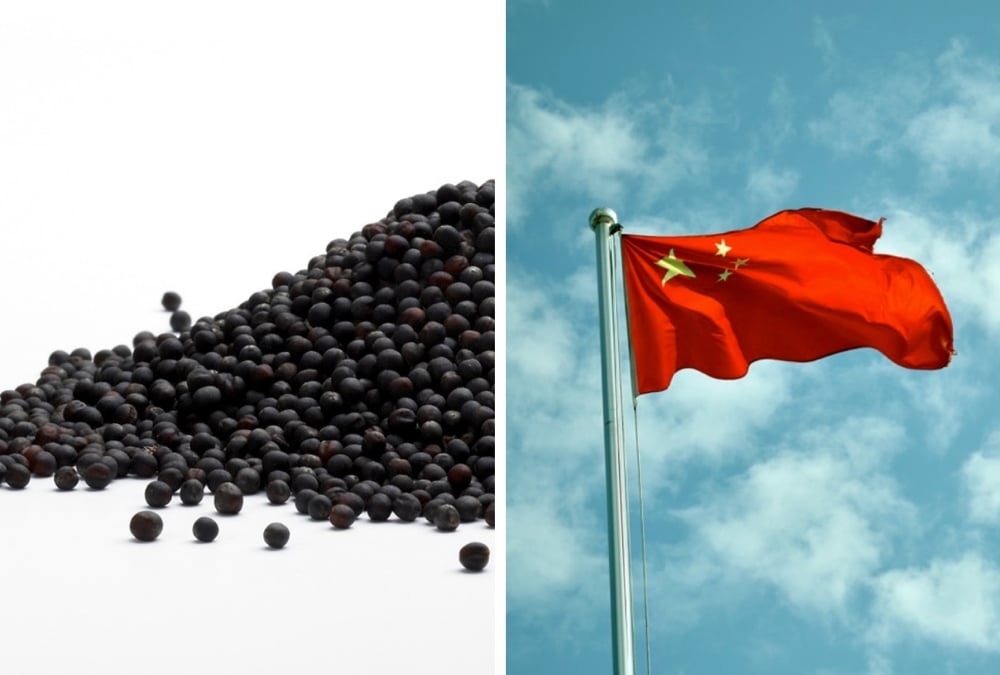Pulse Weekly: China includes peas in tariff threat

Glacier FarmMedia MarketsFarm — Canadian yellow peas were hit with bad news on March 7, but the pulse received good news on March 10.
In the bad news, China announced that Friday it’s prepared to impose 100 per cent tariffs on its pea imports from Canada effective March 20, as well as imports of canola oil and canola meal. Plus there are to be 25 per cent levies on imports of Canadian pork and aquatic products.
Beijing’s move is said to be in retaliation for Ottawa slapping 100 per cent tariffs on imports on Chinese-made electric vehicles along with 25 per cent levies on imports of its steel and aluminum. Canada took the measure last summer in concert with similar tariffs against China by the United States and the European Union.
Read Also


Chinese rapeseed meal, oil contracts surge after tariffs on Canadian imports
Zhengzhou rapeseed (canola) meal and oil contracts jumped on Monday, the first day of trade since China decided to impose 100 per cent tariffs on imports of those agricultural products from Canada.
Was a surprise
Pulse Canada president and CEO Greg Cherewyk said China’s announcement was a surprise.
“We believe that the tariffs…on Canadian peas, canola, pork and seafood represent an invitation to negotiate, not a retaliation nor the start of the trade war,” he stated. “Pulse Canada calls on the Canadian Government to immediately engage with China to bring about a swift resolution to these matters. It’s in the best interest of both nations to recognize the positive contributions of agriculture and food to our economic wellbeing.”
In citing Statistics Canada data, Cherewyk noted about 500,000 tonnes of yellow peas were exported to China in 2024, valued at C$306 million.
“Over the last five years, we’ve shipped on average 1.50 million tonnes that’s worth C$800 million to C$1 billion a year to this industry,” he added.
“Now it’s a full court press to ensure that the government of Canada accepts the invitation to get to the bargaining table as quickly as possible. That’s what we want to see both sides do,” he continued.
India breaks silence
Meanwhile, after several days of silence by India’s government on its tariff-free period on yellow peas, it issued a directive on March 10 ordering an extension to May 31. When the previous deadline passed Feb. 28, the absence of a statement from New Delhi created questions as to whether the tariffs were back or not, and if they were, how much was going to be charged.
Statistics Canada reported Canada’s total pea exports in 2024 tallied 2.61 million tonnes, of which 2.09 million were yellow peas. Of that, India acquired 1.42 million tonnes of Canadian pulses of which 1.33 million were yellow peas.
Cherewyk said the worst case scenario for yellows peas would be China’s tariffs remain in place and India resumes their levies.
“It’s way too early to put ourselves in that position,” he cautioned.
Alternative markets
In the meantime, Pulse Canada has been investing into other markets, such as southeast Asia and North America. Cherewyk said Pulse Canada is advocating globally for yellow peas as a livestock feed and for pet food.
On another note, he said Indian government reinstituted an import levy on lentils, at 10 per cent.
“It’s more than the zero we’ve experienced over the course of the last year, but it still says, ‘we’re open for business.’ That’s not entirely a bad thing,” Cherewyk commented.
Source: Farmtario.com

